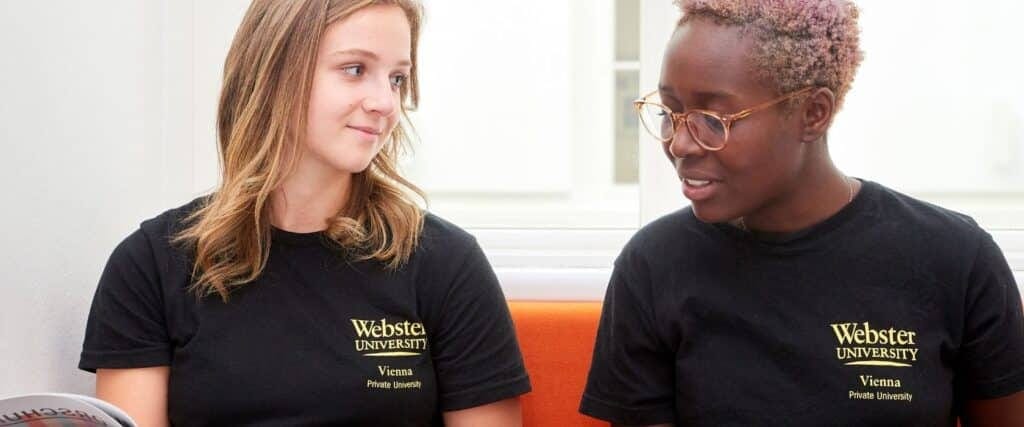Why managers and entrepreneurs should consider modular executive MBA programs
Eric Xirinachs, a graduate of TRIUM’s Global Executive MBA program, outlined the structure of TRIUM’s modular MBA program and the benefits he reaped to propel his career forward, including global exposure, positive networking opportunities, and an excellent return on investment for the monetary and time commitment of the course.





